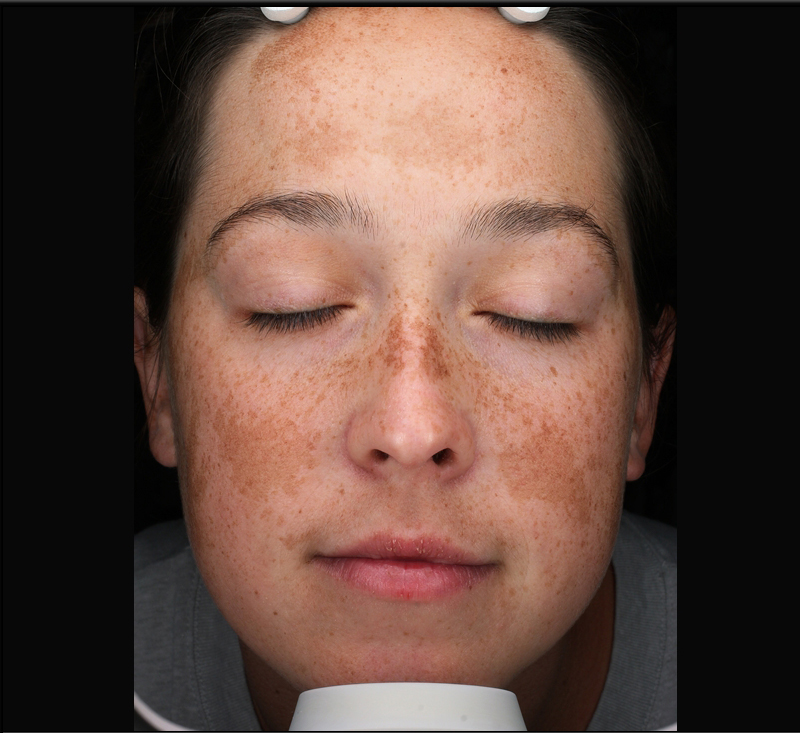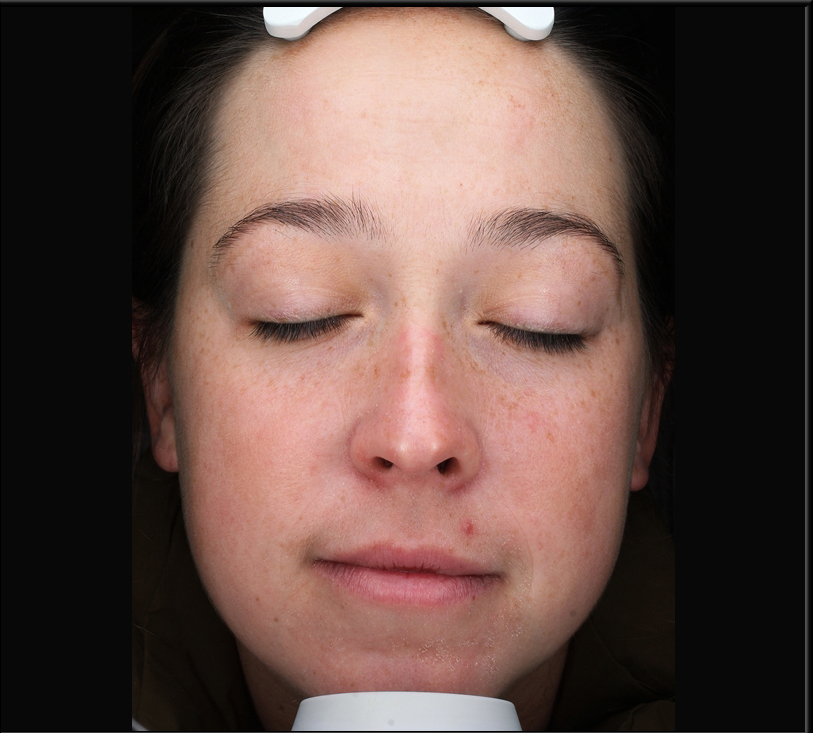What is Leaky Gut? Understanding the Syndrome, Symptoms and Solutions
Many of us experience digestive discomfort from time to time. However, when symptoms become persistent and widespread, affecting areas beyond digestion, it might be time to consider whether leaky gut syndrome is the culprit. While not yet universally recognized as a medical diagnosis, leaky gut syndrome has gained significant attention in functional medicine and nutrition communities. Let’s explore the potential symptoms of a leaky gut and the approaches that may help restore your gut health.
Understanding Leaky Gut Syndrome
Leaky gut syndrome is a condition in which the lining of the small intestine becomes damaged, creating gaps in the intestinal wall. These gaps allow partially digested food particles and bacteria to “leak” into the bloodstream, triggering responses throughout the body.
Your intestinal lining is a crucial barrier, carefully controlling what enters your bloodstream from your digestive system. Typically, this lining consists of tightly packed cells that form a protective barrier, allowing only adequately digested nutrients to pass through while keeping harmful substances out. When this barrier becomes compromised, it can no longer function effectively as a gatekeeper.
The Scientific Explanation
The intestinal lining contains tight junctions – protein structures that create seals between adjacent intestinal cells. These tight junctions regulate what passes through the intestinal wall. In leaky gut syndrome, these junctions become loose or damaged, creating pathways for normally blocked substances.
A protein called zonulin appears to play a key role in regulating these tight junctions. When zonulin levels increase, the tight junctions loosen, potentially allowing unwanted substances to pass through. Research suggests that specific triggers like gluten or harmful bacteria can stimulate zonulin release in susceptible individuals, leading to increased intestinal permeability.
Common Symptoms of Leaky Gut
Digestive symptoms are the most obvious signs, including bloating, gas, diarrhea, constipation and food sensitivities. Many people with leaky gut report feeling uncomfortable after meals or find themselves unable to tolerate foods they previously enjoyed without issue.
Beyond the digestive system, a leaky gut may contribute to widespread inflammation throughout the body. This inflammation can manifest as chronic fatigue, joint pain, headaches and general malaise. Some individuals experience skin problems such as acne, eczema or rashes, which may be connected to the body’s inflammatory response to substances leaking into the bloodstream.
Cognitive symptoms like brain fog, difficulty concentrating, memory problems, anxiety and depression are increasingly recognized as potential manifestations of gut-brain axis disruption related to a leaky gut.
Potential Causes and Risk Factors
Multiple factors contribute to the development of leaky gut syndrome, often working in combination to compromise intestinal integrity. Diets high in processed foods, refined sugars and unhealthy fats can harm the gut lining and disrupt the balance of healthy bacteria.
Chronic stress represents another significant factor. When we experience prolonged stress, our bodies produce stress hormones that can weaken the intestinal barrier. Additionally, stress often leads to poor dietary choices, creating a harmful cycle that further compromises gut health.
Certain medications, particularly non-steroidal anti-inflammatory drugs (NSAIDs), antibiotics and acid-reducing medications, may contribute to increased intestinal permeability when used regularly or for extended periods. While these medications serve essential purposes, their potential impact on gut health should be considered.
Excessive alcohol consumption can directly damage the intestinal lining and disrupt the balance of gut bacteria, potentially contributing to leaky gut syndrome. Similarly, environmental toxins from pollutants, food additives, pesticides and household chemicals may negatively impact gut barrier function.
Some individuals may have genetic predispositions that make them more susceptible to developing leaky gut syndrome when exposed to specific triggers. This genetic component might help explain why some people develop symptoms while others exposed to similar factors remain symptom-free.
Diagnosing Leaky Gut Syndrome
Currently, no single, definitive test for diagnosing leaky gut syndrome is widely accepted in conventional medicine, contributing to the controversy surrounding the condition. However, several tests can provide insights into intestinal permeability and gut health.
The lactulose-mannitol test measures the ability of two sugar molecules of different sizes to pass through the intestinal barrier into the urine. If the larger molecule (lactulose) appears in higher-than-normal concentrations, it suggests increased intestinal permeability.
Comprehensive stool analysis can assess digestive function, inflammation markers and the composition of gut bacteria, providing valuable information about overall gut health. Food sensitivity testing may identify specific foods that trigger immune responses, potentially contributing to gut inflammation and permeability issues.
Healing Approaches for a Leaky Gut
Addressing a leaky gut typically involves a multi-faceted approach focused on removing potential triggers, repairing the intestinal lining and restoring balance to the gut microbiome. Dietary changes form the foundation of most leaky gut healing protocols. Many practitioners recommend an elimination diet that temporarily removes common inflammatory foods like gluten, dairy, sugar, processed foods, alcohol and, in some cases, eggs and nightshade vegetables.
After the elimination phase, incorporating nutrient-dense foods becomes essential. Focus on including plenty of vegetables, quality proteins, healthy fats, fermented foods and bone broth, which contains collagen and amino acids that may support gut lining repair.
Specific supplements may support the healing process. Probiotics can help restore beneficial gut bacteria, while prebiotics provide food for these beneficial bacteria to thrive. L-glutamine, an amino acid, has been shown to support the repair of the intestinal lining. Other supplements that might prove helpful include zinc, omega-3 fatty acids, vitamin D, collagen peptides and digestive enzymes.
The Connection to Other Health Conditions
Emerging research suggests potential connections between leaky gut syndrome and various health conditions. While direct causal relationships haven’t been definitively established, associations have been observed with conditions including irritable bowel syndrome (IBS), inflammatory bowel disease (IBD), celiac disease, autoimmune conditions like rheumatoid arthritis and Hashimoto’s thyroiditis, as well as mood disorders, skin conditions and food allergies or sensitivities.
When to Seek Professional Help
If you suspect you might have leaky gut syndrome, it’s essential to work with professionals who can provide proper guidance. If you’re experiencing persistent digestive symptoms, multiple food sensitivities, chronic fatigue, unexplained skin issues or autoimmune conditions, it’s time to seek professional help. These practitioners can help develop a personalized approach to address your symptoms and underlying causes.
Take Control of Your Gut Health Today
Don’t let digestive discomfort, inflammation and unexplained symptoms control your life any longer. At AesthetiCare, our team of expert practitioners specializes in addressing root causes of health concerns, including leaky gut syndrome. We’ll work with you to develop a personalized healing protocol that fits your unique needs and lifestyle.
Call us today at (816) 326-7207 or click here to schedule your comprehensive consultation. Your journey to optimal health and wellness starts here!




